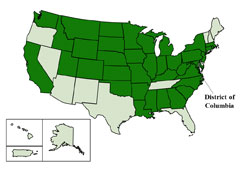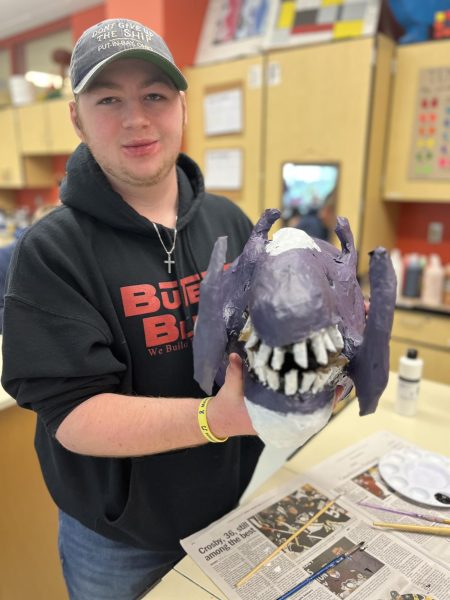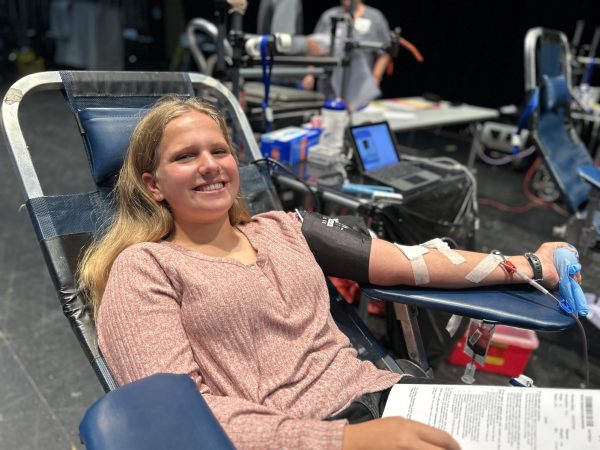EV-D68 virus scare at Bethel Park High School

From mid-August to September 25, 2014, a total of 226 people in 38 states have been confirmed to have respiratory illness caused by EV-D68.
After an alarming letter sent home Friday, Sept. 18, concerning a possible infection of the serious EV-D68 virus in the High School, Superintendent Nancy Aloi Rose has sent out an additional notification letter later that afternoon retracting the school’s earlier statement.
“At the time we received the information earlier today, we believed it to be credible and we acted, sending you a letter regarding what we believed was a potential health risk,” Mrs. Rose said in her second letter home. This second letter was sent home after the school was informed that the suspected illness was not in fact EV-D68, but a more minor illness.
The EV-D68 is a very serious virus in the Enterovirus family of viruses. It can cause serious and long term respiratory problems as well as a polio like paralysis in rare cases. It is most commonly seen in the late summer and early fall.
This virus is highly contagious and is spread through the same mediums as the Common Cold. EV-D68 is spread through close contact to the infected and when the infected person coughs, sneezes, or through touching contaminated surfaces.
The virus can spread very rapidly in a setting such as a school or workplace because of the constant contact between the infected person and dozens of others around them. Frequent hand washing, keeping sick children at home, and cleaning any contaminated surfaces can reduce the risk.
According to the CDC, from mid-August through Sept. 25, 226 people in 38 states, including Pennsylvania, were confirmed to have respiratory illness caused by EV-D68. And though it is not in Bethel Park yet, BP residents must still be cautious.
As of now, there is no vaccine or cure for EV-D68. Steps to be taken include medication to control fever and for coughing. The best way to stop the spread of this disease is primarily just preventing the infected from coming into contact with others.
Although this was a false alarm, this may not always be so. In order to prevent an outbreak of this rare and serious virus, the whole community must follow the steps to prevent becoming or spreading infection in our, so far, healthy community.

BPHS senior Greydon Tomkowitz is the current Editor-In-Chief of Hawk Eye, a position he has served in for three years.
Greydon joined the newspaper...










